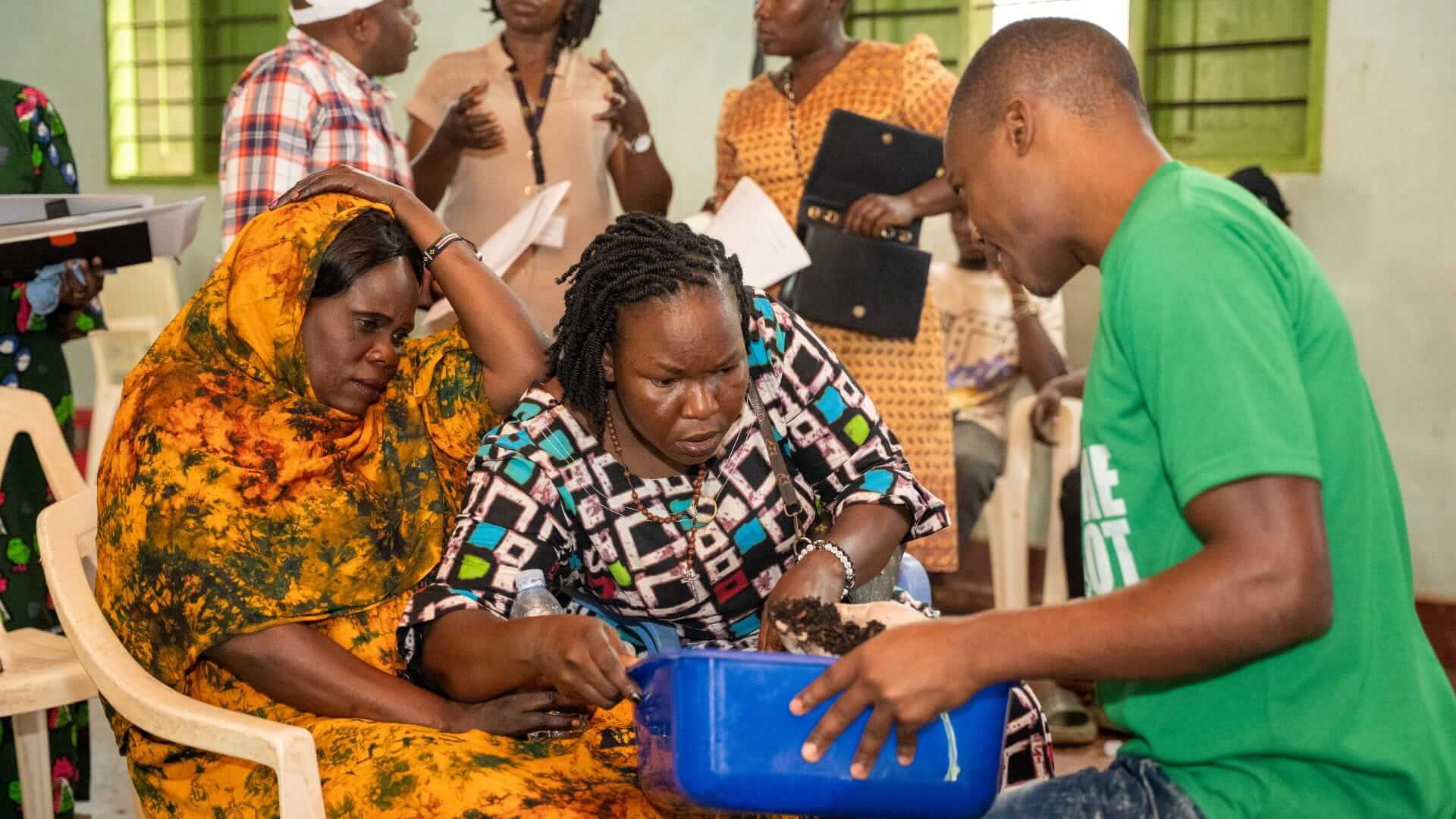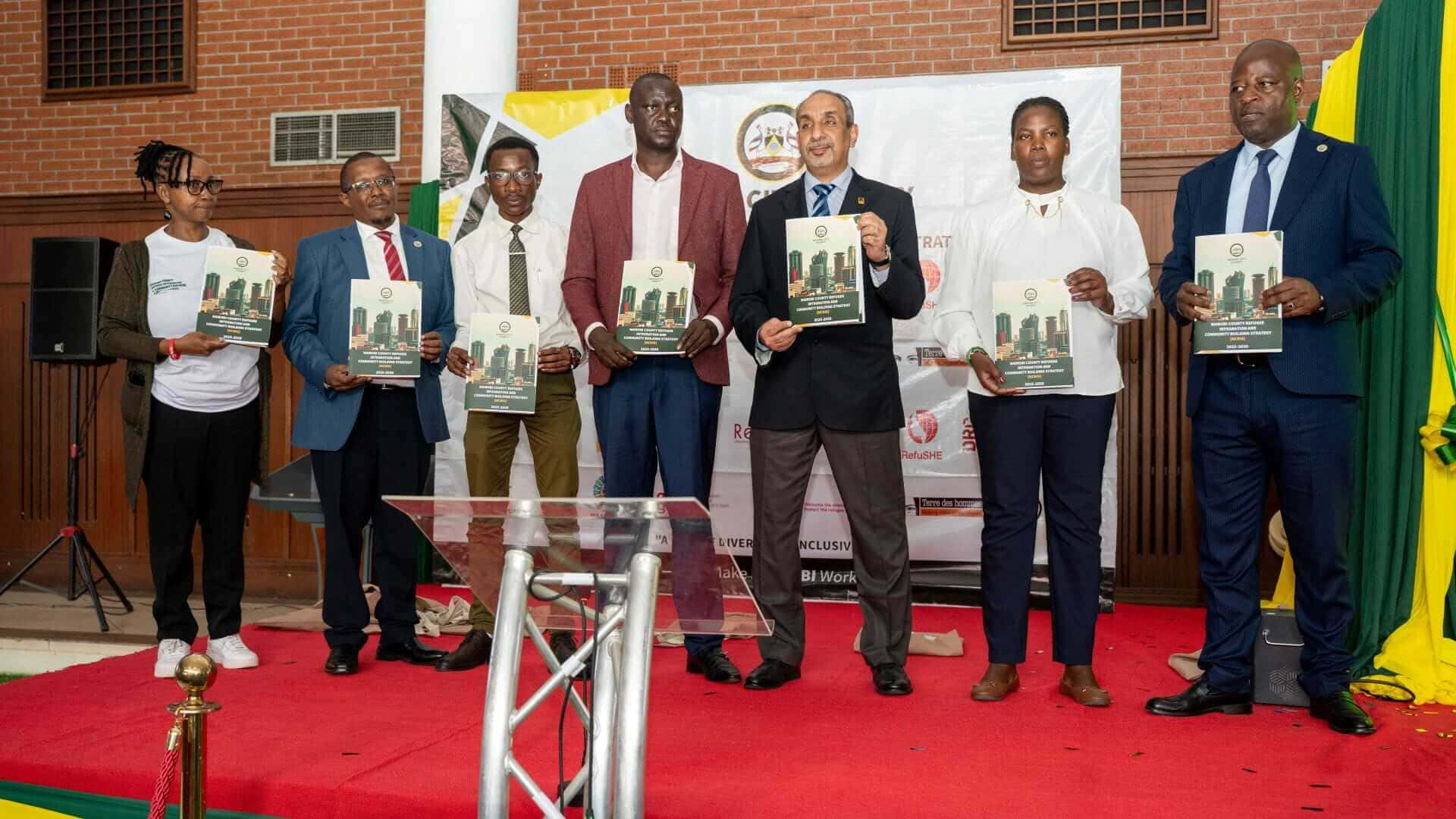Experts call for more flexible policies for urban refugees
Experts call for more flexible policies for urban refugees
Kabwana Wetesshi Jean- Pierre, a Congolese refugee in Kampala narrated how he has struggled getting a TIN number using his refugee identification card.

A new report that analysed refugee related laws and policies in Uganda and Kenya and their responsiveness to urban refugee needs, has called on government, donors, and non-government organisations to do more in promoting urban refugees’ self-reliance.
‘‘Settlement -based policies for the distribution of assistance reflect the need to prioritise refugees who are the least self-reliant but can also result in vulnerable urban refugees being excluded from programming they need,’’ observes the report launched yesterday in Kampala by the International Rescue Committee (IRC).
In Uganda urban refugees are by policy expected to be self-reliant with those who find challenges living a dignified life in urban areas encouraged to relocate to refugee settlements were humanitarian assistance is provided. Refugees in urban areas however face legal, policy and perception challenges in getting work and setting up business.
‘‘I studied solar installation at Nakawa Vocational Institute and after completion of the course my friends and I set up a company to provide solar installation and repair services; but I have failed to get a TIN identification number from URA [Uganda Revenue Authority] using my refugee identification.’’ said Kabwana Wetesshi Jean- Pierre, a Congolese refugee living in Kampala who spoke at the report launch.
Produced by the IKEA Foundation funded ‘‘Refugees in East Africa: Boosting Urban Innovations for Livelihoods Development (Re:Build) program, a five-year project implemented by the IRC and partners, the report recommends making refugee identification sufficient for accessing mobile money and SIM card registration, mainstreaming refugees in national policies and expansion of legal aid services to refugees—particular with respect to work related matters.
The report further recommends that donors should earmark funds for programming aimed directly at urban refugees and ensure that vulnerable urban refugees are included in the beneficiary selection for refugee programming.
The event was attended by officials from the UN Refugee Agency (UNHCR), the World Bank, Kampala City Council Authority (KCCA), refugees, the IRC, members of the private sector and civil society organisations. The different actors agreed on steps to address the recommendations of the report including raising awareness about refugee rights and policies.
Uganda is currently home to more than 1.5 million refugees making it a host of one of the largest populations of refugees in the world. Of these, nearly 114,000 reside in Kampala alone, according to January 2022 figures from UNHCR. Uganda has been globally hailed for her progressive policies that welcome refugees. The 2022 World Refugee Day commemorated on 20th in Nakivale refugee settlement with the theme ‘‘The Right to Seek Safety While Protecting and Conserving the Environment”.

